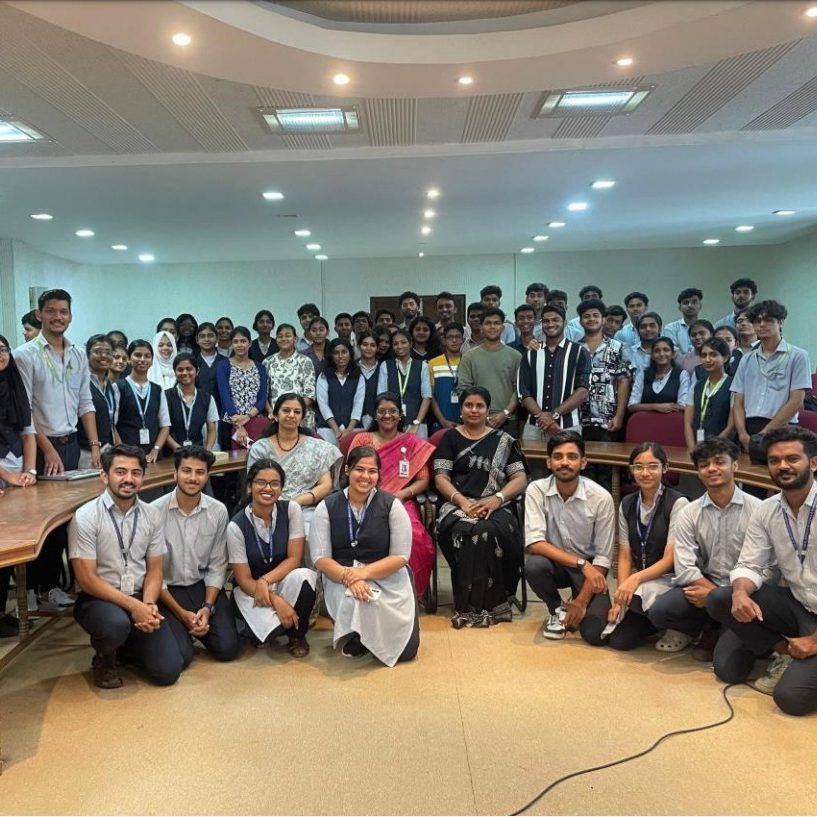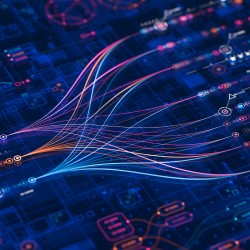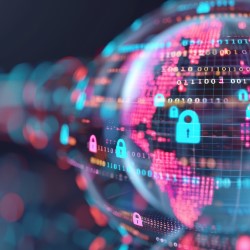Prof. Madhusudan Singh is an Assistant Professor in School of Technology Studies of Endicott College of International Studies at Woosong University (WSU), Daejeon, South Korea. Before joining the University, he worked as a Senior Engineer in the next-generation research and development department at Samsung Display, Yongin-city from March 2012 to April 2016 and Research Professor in YICT, Yonsei University, South Korea from June 2016 to Feb. 2018. Dr. Singh received his Bachelor (2003) and Master (2006) degree in Computer Application in the State Technical University and Master of Technology (2008) degree in IT from IIIT-Allahabad, India. He received his Ph.D. (2012) in the Department of Ubiquitous IT from Dongseo University, Busan, South Korea. He is a senior member of IEEE and a member of many societies such as ACM, IEEE Block chain, IEEE Transportation etc.
Professor Singh is serving as an Editor/Reviewer/TPC member of several IEEE/ACM conferences and Journals. He has published 50+ technical research papers and 10+ patents, as-well-as delivered 15+ invited talks in fields of Blockchain Technology and applications, Automotive Cyber Security, Intelligent Vehicles, Internet of Things, Cloud and Mesh Networks, Mobile Display, Machine learning and Intelligence systems, Industrial Internet (Industry 4.0).
Woosong University (WSU)
Hand Phone: +82-42-6229-6618
Mobile Phone: +82-10-5625-1301
Email: madhusudan.singh@ieee.org
Website: https://sites.google.com/site/singhmadhusudaniiita/
DVP term expires December 2022
Presentations
Blockchain for Secure Intelligent Environments
Intelligent (self-organizing) Machines (IMs) are gradually integrating into the lives of Humans in the form of the Internet of Things, intelligent vehicles, etc. Several machines such as Smartphones, Smart Vehicles, and Coffee Vending Machine, etc. can now communicate by sending and receiving information. Based on shared knowledge, they can make decisions on their own without any Human interference. In the present stage, Humans provide data to the machines, once the data is fed to them. They can then can analyze the data and produce results accordingly. This existing system of the process comes with the challenge of data security, privacy, and authentication. If the wrong data is fed to a machine by another machine, then it can produce horrible results (self-driving car accident). Therefore, comes a need of a trust factor in the devices in the same way Humans have on each other. To do so, trustworthy data or environment can be provided to increase the credibility, so that IMs take a decision without any doubts and act accordingly with other machines. IM trusted environment must take care of data security, machine’s privacy, data integrity authentication, and authorization. To develop such an environment, Blockchain technology can be utilized. Blockchain will provide a crypto-based decentralized distributed environment for Intelligent Machines. Blockchain Technology can be blended with emerging technologies such as self-driving autonomous vehicles and their communication, Cybersecurity, Intelligent machines, Software defined networks, IoT, large-scale data management, Edge computing.
Attendees can get broader knowledge about blockchain technology, and self-organizing environments from academia and industrial point of view.
Cyber Security for Symbiotic Vehicular Networks
Nowadays, intelligent vehicles are an emerging research topic going on around us. The researchers are working to make intelligent and autonomous vehicles, and transportation system. The more our vehicles become intelligent, the more we need to work on safety and security for vehicles technology. Our aim is to foster discussion on automotive cybersecurity-related problems and solutions, and security standardization for not only intelligent vehicles but also the Infrastructure of the intelligent transportation system. We need to know what type of security requirements are needed, during design and development of intelligent vehicles. Therefore, this talk is aimed to investigate security, standardization, security method and process for vehicle communication. The primary objective is vehicle-communication security for vehicle-to-vehicle (V2V) communication and vehicle to infrastructure (V2X), to work with intelligent vehicles and intelligent transportation environment and concentrate on research work for, Cryptography, Embedded security, hardware security for intelligent vehicles. The topics of interest is not limited to, the following scope:
- Automotive Security threats to cyber-physical systems
- Security architecture, design, implementation, and management of intelligent vehicles
- Security Techniques and protocols for cooperative vehicles
- Data communication security in networked embedded systems
- Automotive collision prediction and avoidance in the cyber world
- Security mechanism for automotive motion planning in dynamic environments
- Practical security experiences and testbeds related with intelligent vehicles
- Automotive industrial experiences and best practices relevant to safety and security of IV
Transformation of Physical Era: Cyber Physical System
A Cyber Physical System (CPS) consists of physical and software components, which operate on different spatial and temporal scales and show multiple and different behavioral modalities and interaction with each other. CPS is a process which is well-coordinated and mutually dependent on the internet and is managed and supervised by computer algorithms. The physical mechanism can influence the computation mechanism and vice versa The CPS has enormous applications in, autonomous systems, smart healthcare, artificial intelligence and automotive technology, etc. The challenges of CPS are not visible in a classical business information system or embedded system. To build a CPS, different engineering knowledge expertise is required, varying from technical domains to application sectors, as a new practice of systems engineering. CPS research is still immature. Discipline-specific research and education venues are not defined broadly in academia. Research is divided into isolated sub-disciplines such as sensors, communications and networking, control theory, mathematics, software engineering, and computer science. Seamless integration of control, communication, and computation must be developed for quick design, using approaches that are standard Abstractions and Architecture Innovative.
Hardware and software components, middleware, OS must be highly dependable, reconfigurable, and, certifiable, to fully integrate systems. Currently, Cyber Infrastructure lacks trust. For the verification and validation of software and systems, novice models, algorithms, methods, and tools are needed at the control design stage.
Attendants can get broader knowledge about the cyber-physical system, their challenges, benefits, future trends and vast applications scope from academia and industrial point of view.









